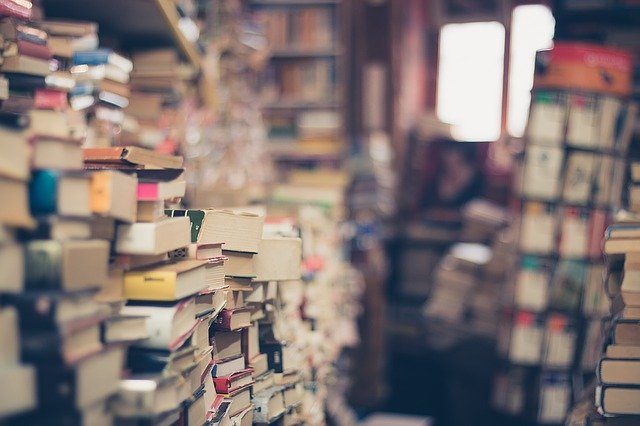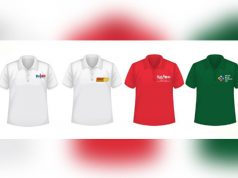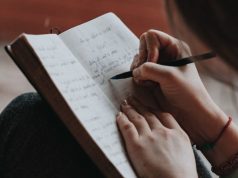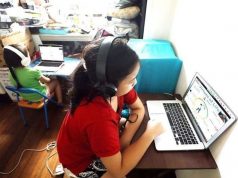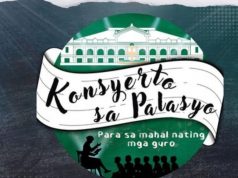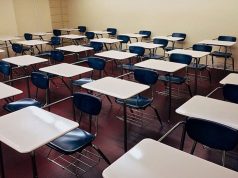The National Book Development Board recommended a list of online repositories of storybooks in various Philippine languages as the country marks National Reading Month this November.
The NBDB’s list came from a professor who posted the following recommended websites in a Facebook post on November 9:
- The Learning Resources Management and Development System (LRMDS) of DepEd: https://lrmds.deped.gov.ph/
- Let’s Read Asia: https://reader.letsreadasia.org/
- Global Digital Library: https://digitallibrary.io/
- The Bloom Library: https://bloomlibrary.org/
- Sinama Books: https://library.sinama.org/
- Storyweaver: https://storyweaver.org.in/
- African Storybook: https://www.africanstorybook.org/
The board also quoted parts of the post of Ched Arzadon, a professor at the University of the Philippines-Diliman.
In her original post, which was also posted on the same day, Arzadon said that she found these online platforms where the illustrated storybooks can be downloaded for free for teachers and learners.
“Lately, I found that various online repositories of storybooks have accumulated more than 2,000 illustrated storybooks in various Philippine languages. The number does not include dictionaries, grammar books, decodable books, workbooks, and learning activity sheets in many languages,” Arzadon wrote.
“The reading materials can be downloaded freely and printed as an enlarged storybook (big book) to be discussed during read-aloud sessions. Other teachers use the projector or a TV/computer monitor to let the pupils view the storybooks. A parent or a pupil can also read the storybooks anywhere using a cellphone or a personal computer,” she added.
Arzadon also attributed the availability of free reading materials in different Philippine languages to the passage of the Mother Tongue Based Multilingual Education (MTB-MLE) policy in 2012.
According to the Department of Education, this policy is part of the K to 12 Basic Education Program by virtue of Republic Act 10523 or the “Enhanced Basic Educatiion Act of 2013” in 2013.
The MTB-MLE is a type of education where a learner’s mother tongue and other additional languages are used in the classroom.
“Learners begin their education in the language they understand best – their mother tongue – and develop a strong foundation in their mother language before adding additional languages,” DepEd said.
In her post, Arzadon also added that because of the MTB-MLE, there was a “localized production of mother tongue materials through collaborations between the teachers and the community (local storytellers, writers, illustrators, and printers).”
Arzadon shared how amused she was to learn that there are students aware of these storybooks in various languages.
“During my research work in Buguias, Benguet in 2018, I found that the local school-communities produced at least 300 storybook titles in Kankanaey, Ibaloy, Kalanguya, and Karao. It was amusing to hear pupils mention the title of their favorite storybooks, including the name of the authors and illustrators,” Arzadon said.
“It was amusing to hear pupils mention the title of their favorite storybooks, including the name of the authors and illustrators,” she added.
In October 2011, the DepEd declared the month of every year as National Reading Month to promote reading and literacy among pupils and students.

